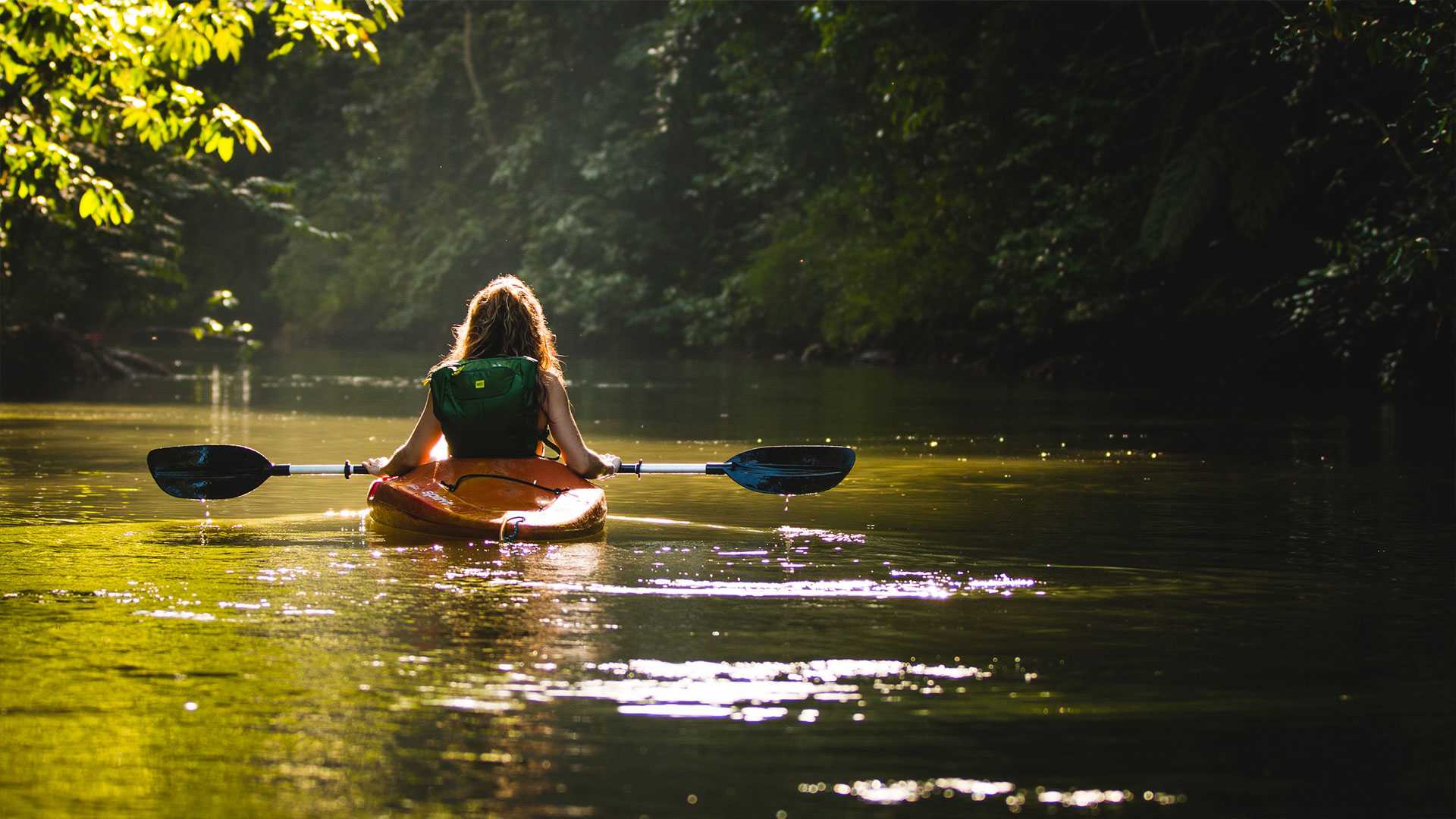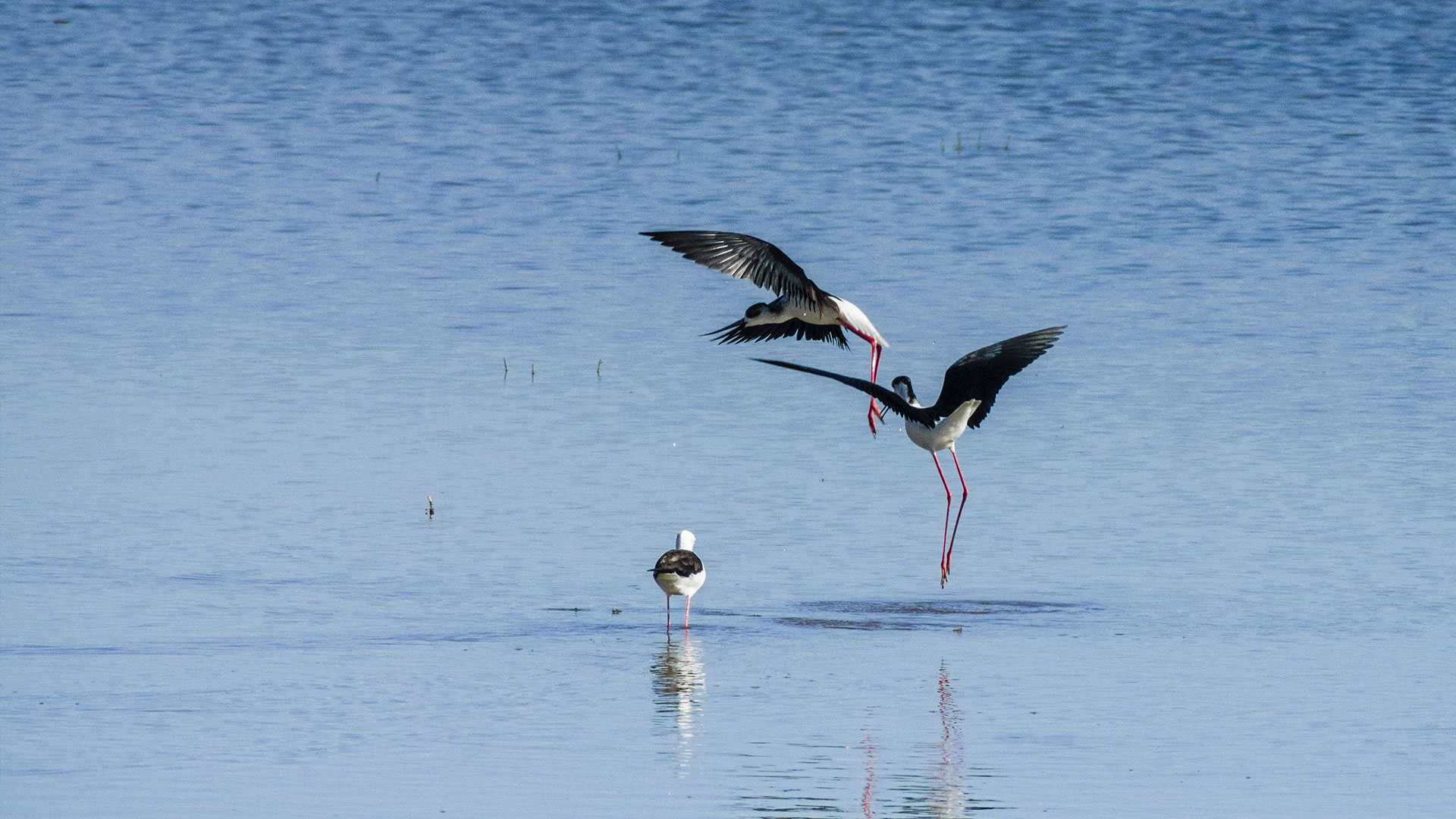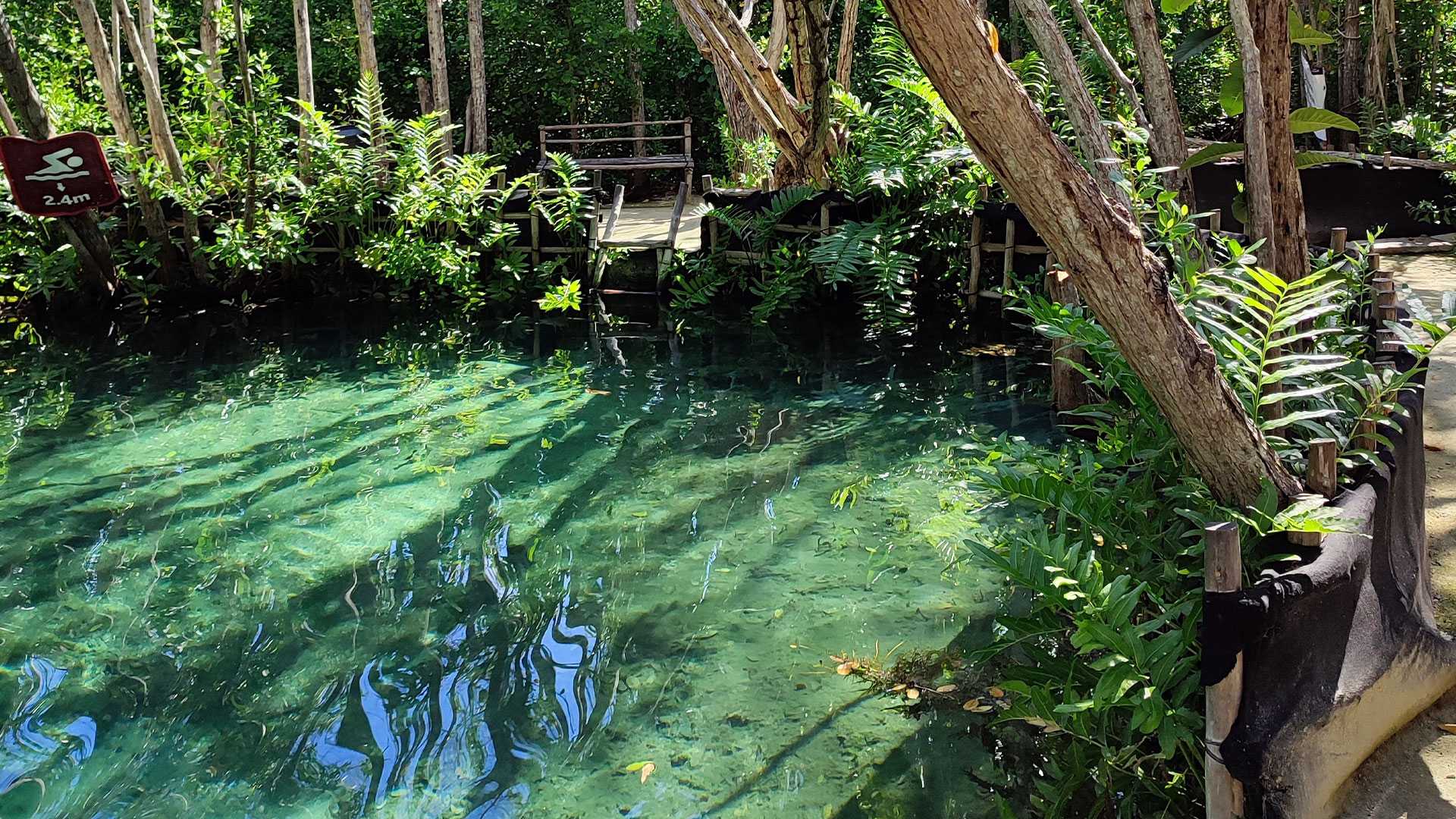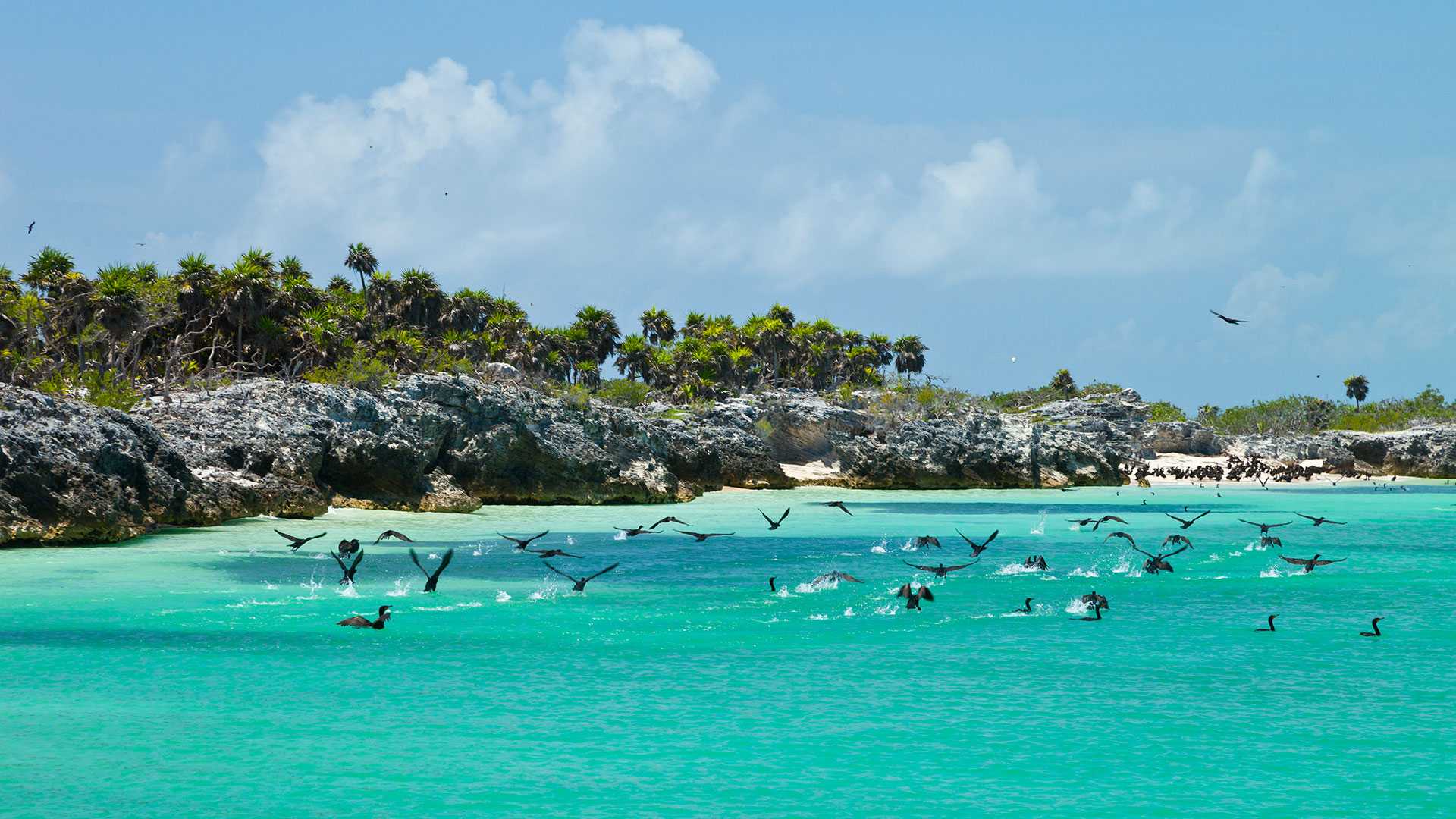Ecotourism Trends
Traveling today means traveling with environmental awareness. It means understanding that our planet is our most precious asset.
We all want to explore the wonders of nature, but we don't have to do it at the expense of the environment. There are many ways to make the adventure of discovery nature a reality. Learning how to travel the world at the same time as being aware of the fragility of its ecosystems and the natural treasures it harbors is the goal of this article on Ecotourism and responsible travel.
Here is a brief guide designed especially for the new generation of travelers.
You want to travel differently, it's possible!
If you want to discover the world in a more responsible way, surely you have ever wondered how you can be a "better tourist", an environmentally friendly traveler.
Here are a few easy ideas to put into practice during your vacation:
- 📉 🚿 Limit your consumption of natural resources.
- 🚲 Choose environmentally friendly travel.
- 🤝 Get to know the local population.
- 🏺 Value local cultures by discovering handicrafts or gastronomy.
- 🍠 Consume local products.
- 💸 Support the local economy.
- 🐆 Observe wild animals from a distance and make sure you don’t disturb them.
- ⛺ Prefer alternative or homestay accommodation.
If all these recommendations seem essential to you, then you are one of those travelers for whom Ecotourism is the most appropriate way to travel.
Traveling differently is becoming a new way of thinking and consuming.
More and more visitors are adopting these measures to limit their impact on nature. More than a new way of doing tourism, ecotourism is the 2.0 version of travel, the next step in its evolution. It aims to show greater respect for the planet and all the species that inhabit it, whether they are human or animals in ground or marine ecosystems.
Before talking about the best destinations for ecotourism, I would like to delve into the very essence of the current tourism trend.
Read on to learn more about ecotourism.
What is ecotourism?
A practical guide for curious travelers
📖 A brief definition of ecotourism
Ecotourism, also known as responsible tourism or green tourism, is a style of tourism focused on the preservation of nature. This trend is increasingly developing worldwide and asserts itself as the tourism of the future, the one that considers the new paradigms of the world, especially the fragility of ecosystems suffering from the hyper-frequency of mass tourism.
"E" for Ecological, but also Economic!
Obviously, ecotourism refers first and foremost to "ecology". It arose as a result of the harmful impact of tourism on nature. It considers new priorities such as the reduction of the consumption of natural resources, soft mobility, the preservation of animal and plant species...
"R" for Responsible
Ecotourism is tourism that respects the environment and local communities. This type of tourism focuses on the discovery of nature, the observation of wildlife and the encounter with indigenous people having as main goals sharing experiences and learning from other cultures.
But it also considers a humanist element having as a main focus the development of local communities boosting the benefits of the wealth derived from tourism.
📖 Since when has ecotourism existed?
You might think that ecotourism is the latest fad and that it has only recently been invented, but in fact ecotourism has been around for more than 50 years!
It has been developing since the 1980s, following a growing awareness, mainly in Europe and the United States, of the negative effects of tourism on nature. This led to a gradual change in the way some tourists traveled, adopting new ways of traveling and consuming as a reaction to the mass tourism model.
Over the decades, ecotourism has become an increasingly popular trend among travelers.
In a nutshell, these are the 3 main values of ecotourism:
- Consume less
- Preserve ecosystems
- Support local initiatives
Would you also like to discover Cancun and the Riviera Maya in a more responsible way? Discover all our ecotourism activities!
Click here
to learn more!

In which countries you can find ecotourism?
Now that you know the main principles of ecotourism in the world, it is time to talk about the destinations that have decided to offer a more responsible tourism to their visitors, and the activities they offer.
Why do some destinations opt for ecotourism?
An exceptional and protected natural heritage.
Most destinations that have chosen to promote ecotourism are natural destinations where ecosystems play a very important role.
In these destinations that promote responsible tourism, numerous initiatives have been launched to protect nature. Ecotourism often goes hand in hand with environmental projects such as the creation of nature reserves and programs for the protection or reinsertion of certain species.
It is not uncommon for part of the money collected from entering nature parks to be returned to the associations that protect these exceptional places and help maintain the species that live there.
🐊 Ecology comes before economics!
Destinations focusing on ecotourism are proving that they have made a choice: protect their resources rather than sell them!
Natural areas are under heavy pressure from agriculture, commerce, land use, forestry and water management. Thanks to nature conservation programs such as the creation of biosphere reserves and protected nesting and breeding areas, these destinations are bringing their natural riches to the forefront.
Thanks to ecotourism, visitors have access to the wonders of nature and can discover natural areas still protected from human activity.
Ecotourism also raises public awareness of the negative effects of mass tourism, which consumes natural resources to the detriment of the environment.
In short, choosing ecotourism as travel style is a way to contribute to protecting the environment
Where to go on an ecotourism vacation?
Costa Rica, the emblematic country of ecotourism.
For lovers of wide open spaces, wild nature and lands untouched by human activity, Costa Rica is a true Eldorado of ecotourism.
There are many examples of countries practicing ecotourism around the world, but Costa Rica was undoubtedly one of the first to specialize in this form of sustainable tourism.

Aware of the natural wealth of its territory, Costa-Rica has implemented a tourism policy aimed at developing nature tourism tourism that respects the environment and natural ecosystems.
Ecotourism is booming and attracting more and more tourists seeking a unique experience in harmony with nature. For decades, Costa Rica has been striving to protect its natural environment by adopting a policy of sustainable development.
Costa Rica is an ideal destination for an eco-responsible vacation. Here are some ideas for key activities:
Discovering wild animals
In their natural habitat and in complete freedom. Visitors may be lucky enough to cross paths with emblematic species such as jaguars 🐆, howler monkeys 🐒, iguanas 🦎 and sea turtles 🐢, while exploring the richness of the rainforest, tropical forests and white sand beaches.
Jungle trekking
In Costa Rica's world-famous national parks, such as Manuel Antonio National Park, Corcovado National Park and Tortuguero National Park, tourists can discover the beauty and biodiversity of these protected areas.

Observing marine life
And aquatic environments such as rivers, where you can enjoy adventure activities such as rafting, kayaking and scuba diving.
Eco-responsible activities and establishments In Costa Rica, many hotels, restaurants, tours and tourist activities now focus on this type of tourism.
Visitors can choose to stay in eco-lodges, cabins on stilts in the jungle or hotels by the sea that respect the environment. Each establishment offers a unique experience in harmony with nature and local culture.
Nepal: ecotourism on the roof of the world
Nepal, nestled in the heart of the Himalayas, is a popular destination for travelers seeking a change of scenery and adventure.
But did you know that the country also offers numerous opportunities for responsible and environmentally friendly tourism?
🎒 Eco-trekking on unspoiled trails
Nepal is famous for its breathtaking scenery, majestic peaks and some of the most spectacular trekking routes in the world. Trekking enthusiasts will find a paradise here.
Many travel agencies and local guides are committed to ecotourism, offering environmentally friendly itineraries and making travelers aware of the importance of preserving the country's unique ecosystems.
🐆 Animal watching in national parks.
Nepal is home to exceptional biodiversity, with national parks and reserves providing essential protection for endangered animal species.
Animal watching is a fascinating activity that allows you to discover iconic species such as the Bengal tiger, Asian elephant, one-horned rhinoceros and snow leopard.
Tours are usually led by experienced and environmentally friendly guides who focus on preserving the animals' natural habitat and educating visitors about the importance of conservation.
👲 Authentic encounters with local Nepalese communities.
For an enriching and immersive experience, there is nothing like meeting local people and discovering their traditional way of life.

Many rural communities open their doors to travelers, offering them a unique opportunity to share and learn from each other. These experiences allow travelers to participate in the daily life of the communities. Visitors can learn traditional handicrafts, participate in agricultural work or even contribute to sustainable development projects such as building schools or creating clean water supply systems.
Costa Rica and Nepal are well-known destinations for visitors who practice ecotourism, but there are many other destinations that have chosen to develop this type of responsible tourism.
For example... Mexico! 🤩 A country with a unique biodiversity in the world!
Read on to discover an unexpected and unusual ecotourism destination that offers endless activities to discover its natural and cultural heritage.
More information about ecotourism in Mexico
👇 👀 👇 Ask our staff for advice 👇 👀 👇
Ecotourism in Mexico
Live the adventure in the middle of nature
Mexico: a country proud of its natural wealth
Ecotourism in Mexico is a booming sector.
If you want to spend a vacation in Mexico and discover this magnificent country while respecting the principles of sustainability, you will find travel agencies that offer ecotourism vacations and excursions for all tastes.

More and more travelers are seeking to explore the country's natural beauty in a responsible way, which means reducing their impact on the environment. This trend towards ecological and sustainable tourism focuses on discovering the country's terrestrial and aquatic ecosystems, its rich natural heritage and cultural heritage, while protecting them from the excesses of mass tourism.
How has Mexico adapted its activities to ecotourism
How can it become an ecotourism destination? By opting for quality tourism rather than quantity tourism. To do this, certain principles must be respected in order to become a responsible destination.
Mexico and ecotourism: 7 keys to responsible tourism
📉 N°1 Reduce the size of groups
This is an important aspect of the ecotourism experience in Mexico. Enjoy an excursion in a small group of no more than 10 people.
This makes the difference between responsible tourism, which limits the number of visitors to each site to reduce the impact on nature, and mass tourism, which will choose quantity over quality of experience.
🐊 N°2 Remote animal observation
Observing wild animals in their natural environment is one of the star activities of ecotourism. Choose this experience over a visit to a zoo or a theme park.
Whether it is a snorkeling activity to meet the aquatic fauna or a jungle excursion to do birdwatching, travel agencies and guides specialized in ecotourism will accompany you on an encounter with wildlife. Remember that it is forbidden to touch the animals or feed them.
⛰️ N°3 Excursions with specialized guides
Ecotourism excursions in Mexico are usually organized by specialized guides, nature experts who will share with you their knowledge of the ecosystems they know.
This may mean spotting wild animals hidden among the trees, such as monkeys hiding in the foliage, or taking you on a jungle hike along a trail of medicinal plants used by local communities.
🤝 N°4 Getting to know the local communities
Ecotourism in Mexico is mainly oriented to discover natural environments and wildlife, but another important dimension of this responsible tourism practice is to go out and meet the Other.
Local communities settled in Mexico for hundreds or even thousands of years open their doors to visitors to strengthen ties between cultures and share their way of life.
🏺 N°5 Discover local craftsmanship and knowledge.
Getting to know local communities is an emblematic activity of ecotourism in Mexico. Among the activities preferred by travelers practicing ecotourism we can mention:
- - staying in a traditional dwelling such as a cabin
- - sharing a moment of conviviality, such as a meal
- - discovering a regional language such as Mayan, Nahuatl, etc.

Participating in encounters with local communities helps to promote trades that are sometimes thousands of years old and to keep people on their land, while developing the local economy.
🌮 N°6 Consumption of local produce
Choosing to consume local products produced by peasant and working communities, eating in typical cantinas or small restaurants is an integral part of what we call "traveling different".
Discover a destination where each flavor tells its own story.
👉 Discover our article on Mexican gastronomy on Mexican gastronomy.
⚠️ N°7 Prevention and citizen awareness
Ecotourism is not just a fashionable way to soothe the conscience, it is a genuine moral commitment to preserve the environment and take concrete steps to limit the impact of travel on increasingly fragile and threatened destinations.
For this reason, the practice of ecotourism in Mexico also involves prevention and raising awareness among tourists of the major problems associated with excessive consumption or population. The way travelers choose to consume during their trip can have a major impact on the destination.
Limiting plastic consumption by using a reusable water bottle is a first step.
On ecotourism excursions in Mexico, such as those to the cenotes in the Yucatan Peninsula, tour guides and guardians of these extraordinary natural spaces will be sure to warn you about toxic substances that contaminate the cenotes, such as mosquito repellent and sunscreen.

In the end, raising travelers' awareness of ecological issues is also part of the very identity of sustainable tourism.
According to recent studies, ecotourism contributes to preserving ecosystems and supporting local communities by promoting their economic activities.
Ecotourism in the Yucatan Peninsula:
What to do? What to see?
In Mexico, there are many opportunities to discover nature in all its forms.
Among Mexico's best-known regions, the Yucatan Peninsula has become a must-see destination for vacations with family or friends. This region boasts an exceptional natural heritage.
- Ecosystems unique in the world: the cenotes
- Biodiversity impossible to match
- Exceptional wildlife
One of the most popular destinations for ecotourism in Mexico is the Yucatan region.
The Yucatan Peninsula is home to a rich biodiversity, much of which is protected in nature reserves such as The Sian Ka'an nature reserve and the Calakmul Reserve, which offer unique opportunities to observe wild animals in the wild.
Visiting nature reserves
The Yucatan Peninsula is rich in biodiversity and has several nature reserves to protect its ecosystems. The Sian Ka'an nature reserve, for example, is a UNESCO-declared biosphere site that is home to a multitude of animal species, such as manatees, sea turtles and jaguars, among others.
Organized excursions to these reserves will allow you to discover the richness of nature in complete safety and with an experienced guide who will teach you about the different species and how to preserve the environment.

For those who prefer the Caribbean Sea to the jungle, another of the great wonders of nature located off the coast of Cancun and the Riviera Maya is the Great Barrier Reef.
Discovering marine animals
Yucatan is also famous for its crystal clear waters and magnificent coral reefs, which attract scuba and snorkeling enthusiasts. You can discover different marine species, such as rays, sea turtles, multicolored fish and corals. There are many options for exploring the seabed, such as boat trips and snorkeling.
Travelers can participate in diving excursions to encounter marine life. Scuba or snorkel, go on an adventure with professional guides and explore the Cancun Reef, the second largest reef in the world after the Australian Barrier Reef.
Dives in the sea allow you to discover marine life, with the possibility of observing sea turtles, dolphins and other marine animals.
Wildlife observation
In the Yucatan region, travelers can discover the ecological richness of the Mayan jungle on foot or by bicycle.
The program includes excursions to observe wild animals and tropical plants. For birdwatchers, the Yucatan region also offers many opportunities. Hundreds of bird species can be observed in the nature reserves and national parks, among them
Whether furry or feathered, the Riviera Maya is a nesting corridor for many species.
In fact, it is a favorite destination for amateur and professional birdwatchers. The region is home to a wide variety of bird species, including toucans, hummingbirds, parrots and flamingos. There are many birding activities available, such as ornithological tours and kayaking in the mangroves.
Jungle trekking
For nature lovers, the Yucatan Peninsula offers endless jungle hikes.
You can explore the trails on foot, mountain bike or horseback, while admiring the lush biodiversity and discovering the many remains of ancient Mayan civilizations. Local guides can teach you about the different plants, animals, customs and traditions of the region.
Meet the Mayas of yesterday and today.
Other key activities include discovering the cultural heritage of the region and learning about the Mayans, their millenary history and exploring the Mayan pyramids, a symbol of Mexico's cultural wealth.
But also their way of life today, with the opportunity to meet the indigenous communities, particularly the Mayans, to discover their customs and traditions. Travelers have the opportunity to share unique moments with them, such as a convivial meal based on local products, to learn how to cook with them.
The Yucatan Peninsula is an ideal destination for ecotourism in Mexico. The region offers a multitude of eco-responsible activities for visitors of all ages, group sizes and expectations.
If you are looking for a trip that balances discovery, adventure and respect for the environment, don't wait any longer!
Come discover Cancun and the Riviera Maya, where adventure rhymes with nature.
Need Transportation? Get a quote!
Our travel consultants are ready to help you. Schedule a call
Related Topics
PLANNING A TRIP TO CANCUN?
OUR TRAVEL CONSULTANTS ARE READY TO HELP YOU.
Related Topics
Continue Exploring


